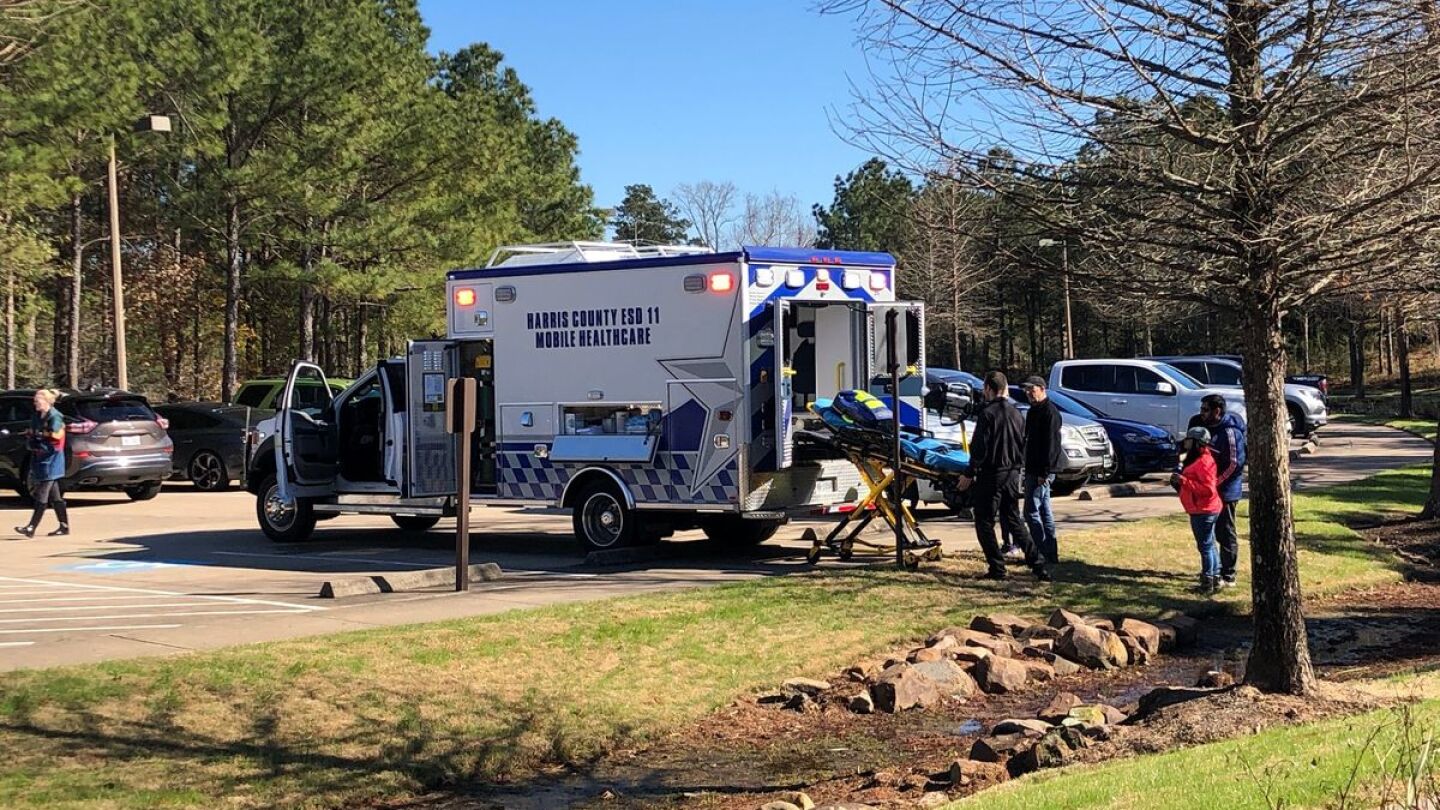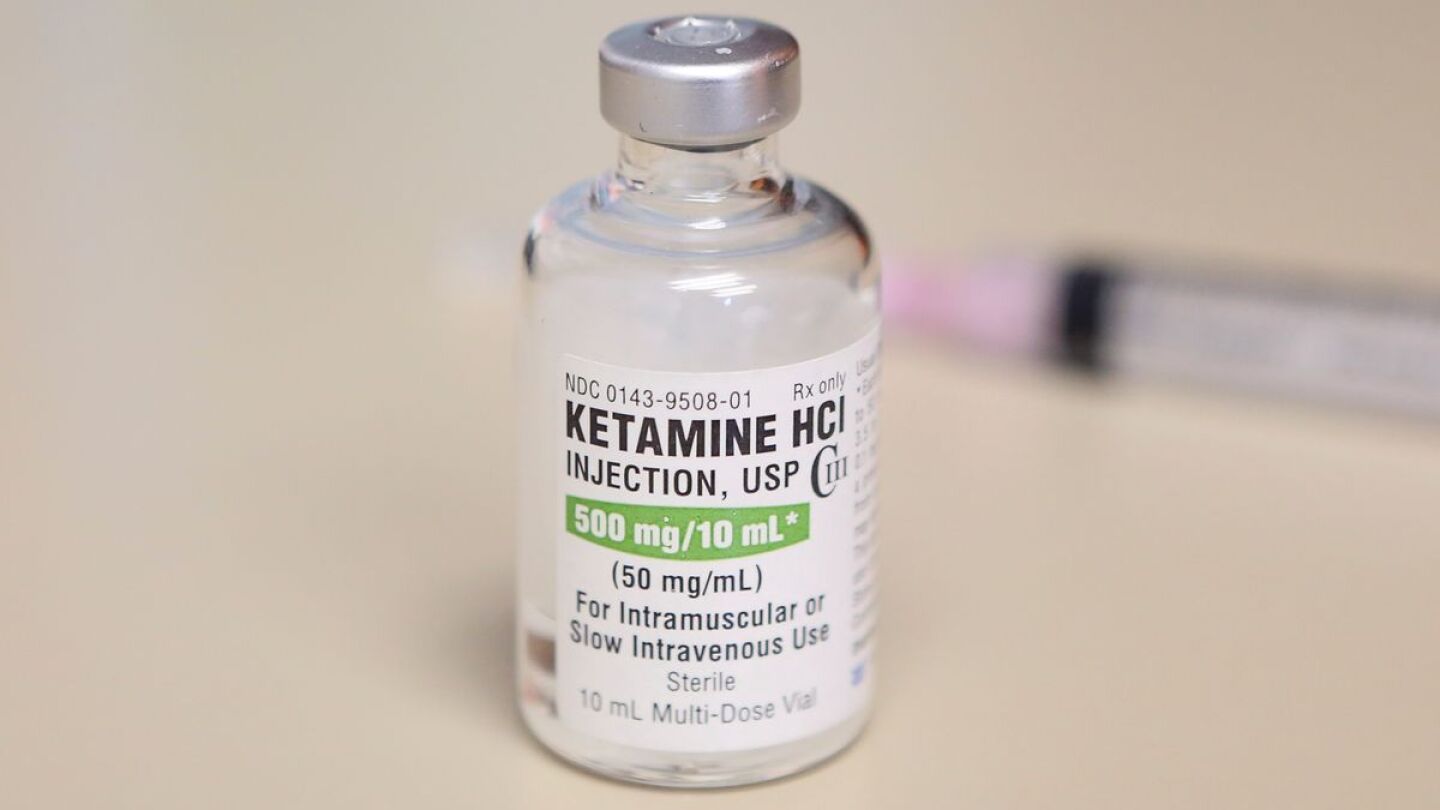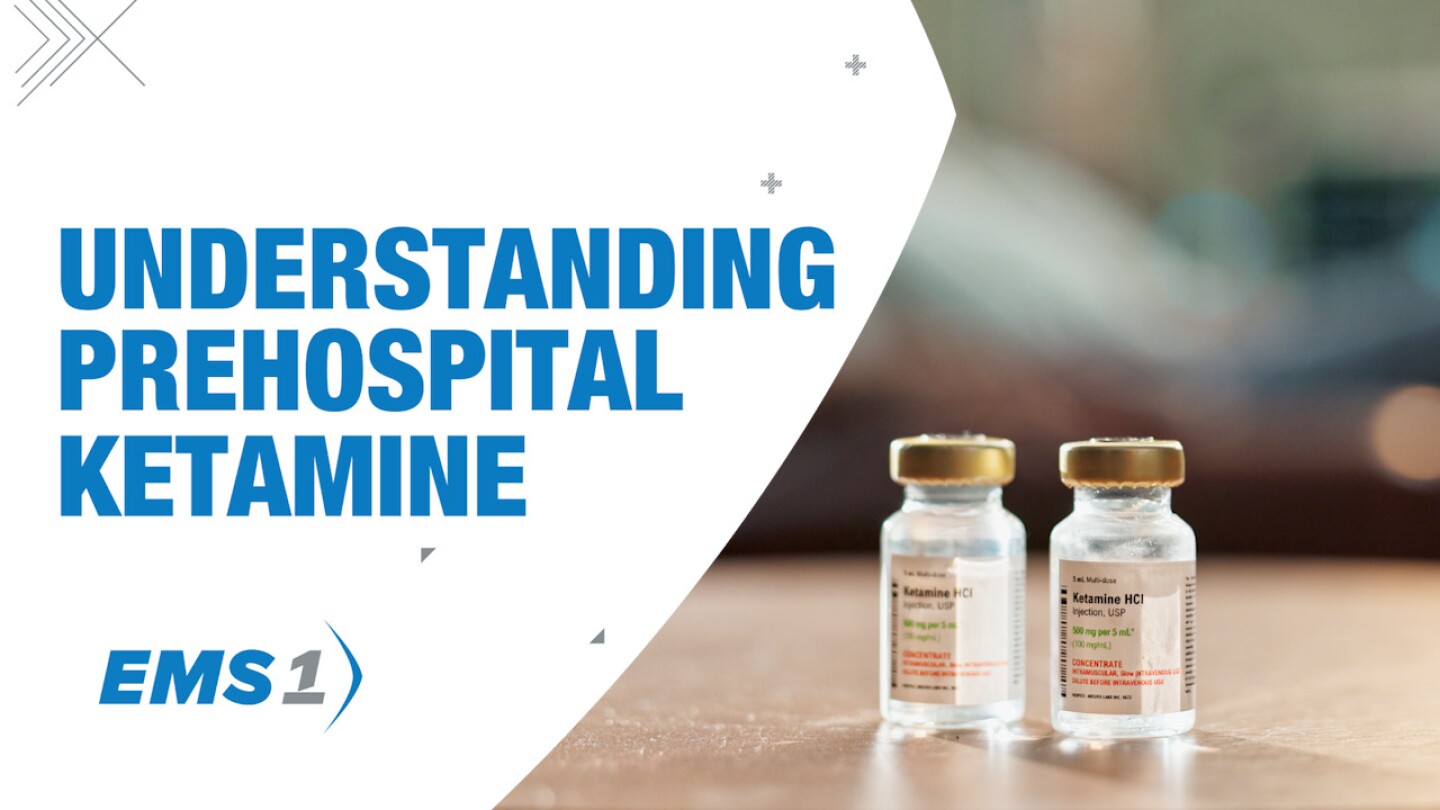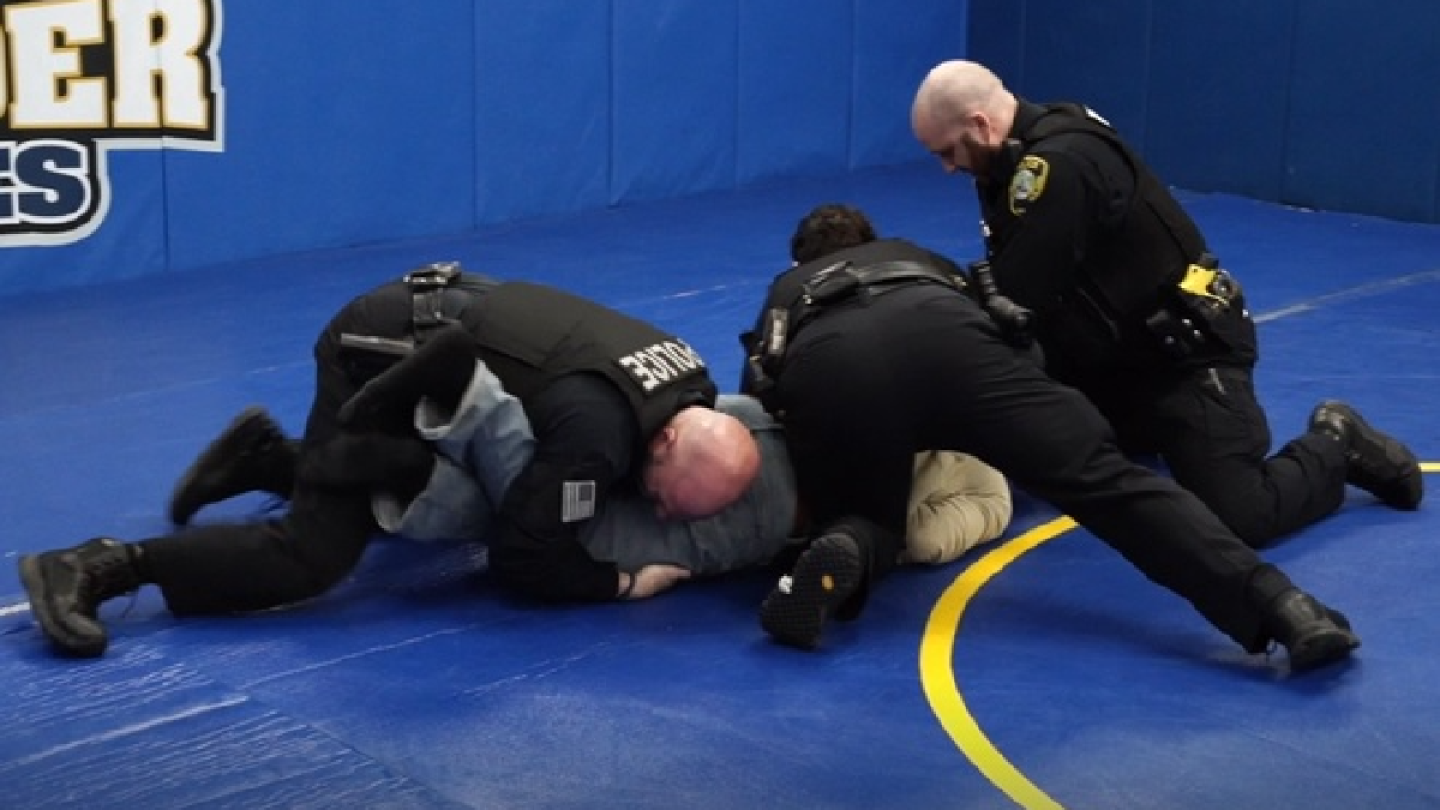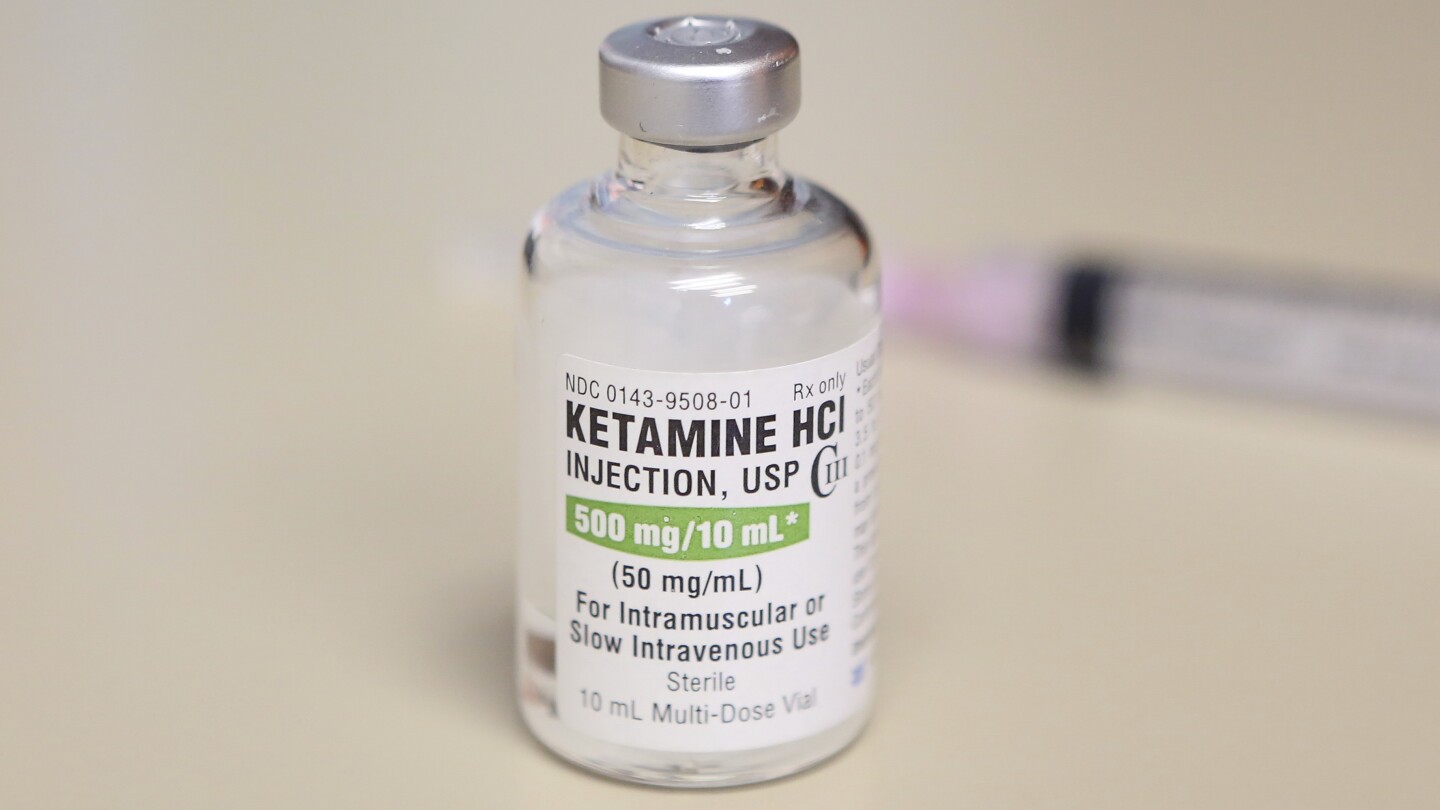Ketamine
Research Monitor
Lessons in preparing for high-risk intubations and avoiding peri-intubation hypotension
Critical insights on the safe administration of ketamine, versed, lorazepam, ativan and haloperidol
Steve Whitehead describes when you might encounter this scenario and how you should handle it
Through Colorado’s Path4EMS program, a mental health clinic reduces ketamine infusion costs from $400 to $150, making treatment more accessible for first responders
The need for data-driven decisions in managing aggressive patients while ensuring safety and compliance
Prosecutors said the former Sioux City Fire Rescue paramedic failed to verify the medication before drawing it up and gave the patient rocuronium instead of ketamine
The defense attorneys representing one of the firefighters share the legal and operational lessons from this high-profile case, emphasizing documentation, training and BWCs
The former Sioux City Fire Rescue paramedic realized she had given the patient rocuronium when she went to administer a second dose of ketamine
Harris County ESD11 Mobile Healthcare developed 10 commandments to set initial expectations while onboarding 200 paramedics
Fentanyl and meth fuel rising deaths in Alaska, Nevada, Washington and Oregon, prompting harm reduction efforts and tougher prosecutions
Withdrawal symptoms tended to be far worse than those experienced by even the most severe heroin users of the past
Communicating with law enforcement and following these clinical guidelines will help to keep patient safety first and foremost
In the right patient, with a solid understanding of the pharmacology and a plan to address potential side effects, ketamine can be an incredibly useful tool for EMS
EMS and law enforcement collaborative training helps prepare responders to treat and monitor patients experiencing a constellation of symptoms
The judge ruled Aurora Paramedic Peter Cichuniec had to make a quick decision the night of the arrest as the highest-ranking paramedic at the scene
Are you an expert on the chemical restraint drugs available to you in the field? You should be.
Former Aurora Paramedic Peter Cichuniec was sentenced to the mandatory minimum of five years in prison
Former paramedic Jeremy Cooper faced up to three years in prison after being found guilty of criminally negligent homicide
At least 94 people died after they were given sedatives and restrained by police from 2012 through 2021, according to the Associated Press
An AP investigation shows how a strategy intended to reduce violence and save lives has resulted in avoidable deaths
“Before you trade in your morphine for ketamine, the adverse events need to be discussed”
Paramedic Peter Cichuniec was convicted of criminally negligent homicide and second-degree assault for giving a drug without consent or a legitimate medical purpose
The Elijah McClain trial highlighted gaps in medical procedures that experts said must be addressed
Critical insights into the implications of recent court rulings on EMS practice and patient care
A 13-step action plan to provide compassionate and effective care while navigating the evolving legal landscape
Three takeaways from the conviction of Aurora Fire Rescue paramedics in the death of Elijah McClain
A jury found Aurora Fire Rescue paramedics Jeremy Cooper and Peter Cichuniec guilty of criminally negligent homicide for administering ketamine to McClain
In closing arguments, Colorado Solicitor General Shannon Stevenson said the Aurora paramedics did not properly assess McClain’s condition
Which event will have the biggest impact on EMS? Cast your vote
MOST POPULAR
- Judge frees Colo. paramedic convicted in death of Elijah McClain
- One for the Road: Restrain and sedate a patient during CPR?
- Philadelphia hospitals test new strategy for ‘tranq dope’ withdrawal
- Involuntary manslaughter charge: Former Iowa medic administered incorrect drug
- Dozens of deaths reveal risks of injecting sedatives into people restrained by police










